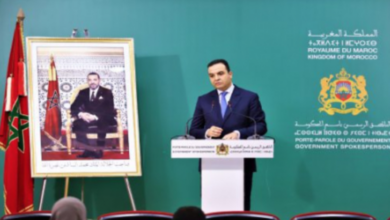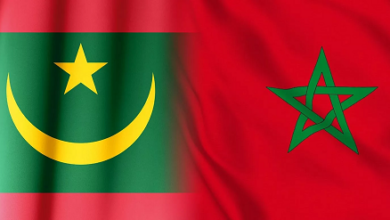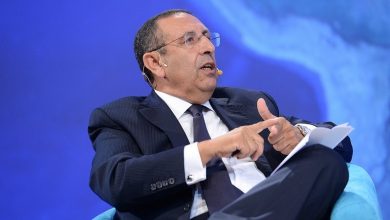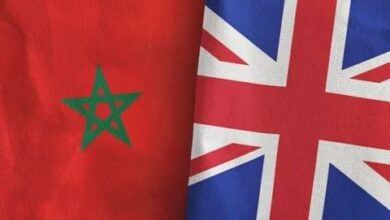New Setback for the Polisario in the Heart of Europe: The European Union Reinforces Its Isolation and Reaffirms Support for Morocco
New Setback for the Polisario in the Heart of Europe: The European Union Reinforces Its Isolation and Reaffirms Support for Morocco
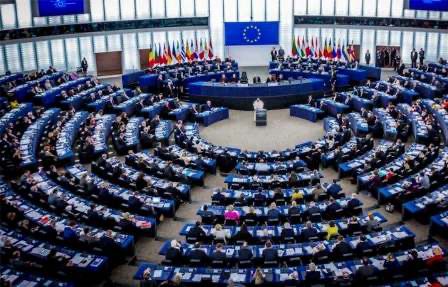
ALDAR / Analysis
On May 21st, the Belgian capital, Brussels, witnessed a politically revealing moment regarding the true situation of the separatist Polisario Front during the joint ministerial meeting between the European Union and the African Union. Despite repeated attempts to assert itself on the international stage, the Polisario once again faced Europe’s firm rejection, finding itself in an unenviable position, stripped of any form of recognition or protocol respect.
By exploiting its status within the African Union, the Polisario slipped into the meeting alongside the Algerian delegation, without any official invitation from the European organizers. The European Union did not hesitate to reiterate its principled stance: neither the EU nor its member states recognize the so-called “Sahrawi Republic.”
Europe’s response was not limited to words—it was visible on the ground, in every detail concerning how Polisario representatives were treated. No flag was raised, no official name was recorded, and no diplomatic status was granted to them. While other African delegations enjoyed full protocol respect, the Polisario was deliberately marginalized, relegated to an isolated seat at the back of the hall with only a blank sheet displaying a non-official acronym—without any reference to a recognized state or entity.
Perhaps the most telling moment was when the High Representative of the European Union for Foreign Affairs left the room precisely as the Polisario’s representative began to speak briefly. This action powerfully symbolized Europe’s complete disassociation from this fictitious entity, confirming that it holds no real influence—only reinforcing its image as a marginal actor without weight in international affairs.
Morocco, for its part, adopted a posture of quiet confidence, allowing its European allies to express their firm positions without reacting emotionally. The EU’s stance, in line with its previous decisions, further strengthened support for Morocco’s autonomy initiative, which now enjoys broad backing across the European continent.
The paradox is striking: in seeking to gain legitimacy through this forced participation, the Polisario has only deepened its isolation, exposed its political fragility, and remained supported solely by Algeria, which stubbornly continues to push it into the spotlight—even as it is widely acknowledged that the Polisario lacks any international legitimacy.
What happened in Brussels is not merely another setback—it is a renewed confirmation that the separatist gamble is collapsing in the face of Morocco’s firm stance and the growing international support it receives. The world is now more convinced than ever that the only realistic and fair solution to the artificial conflict over the Moroccan Sahara lies in Morocco’s sovereignty and its serious autonomy initiative.

